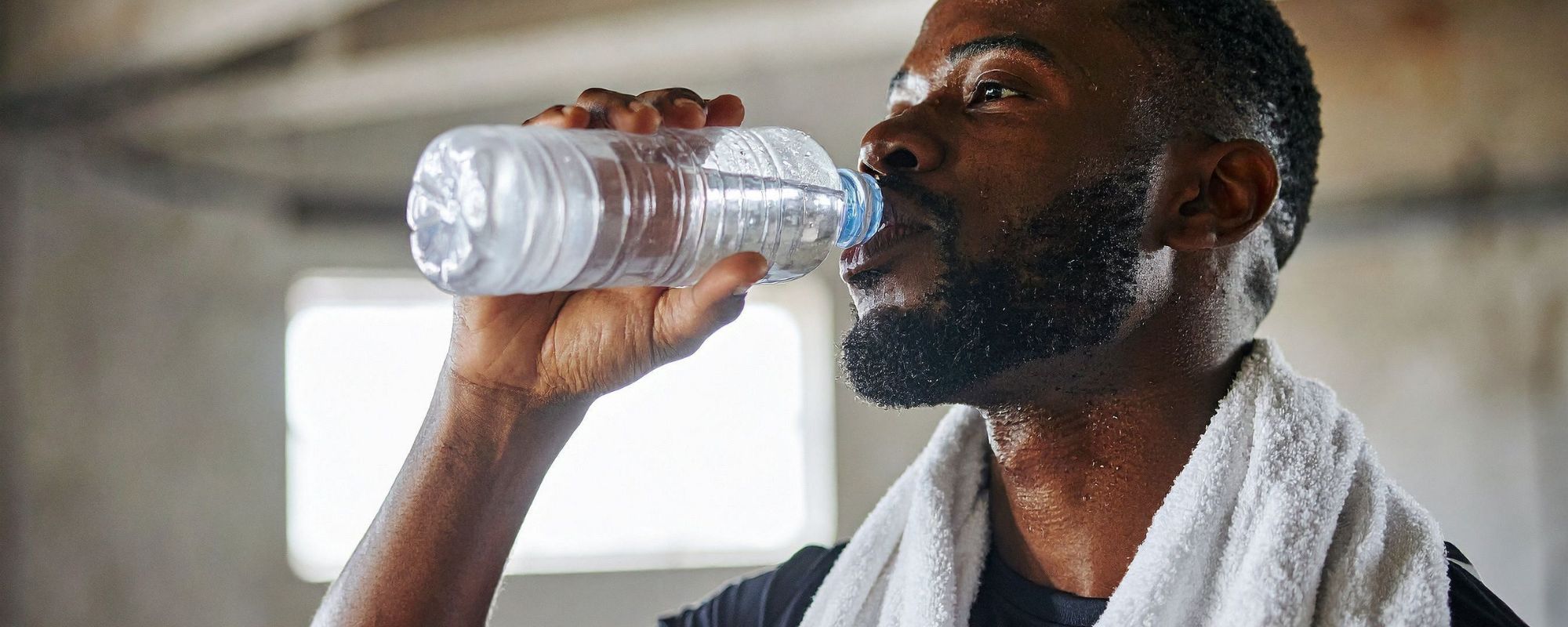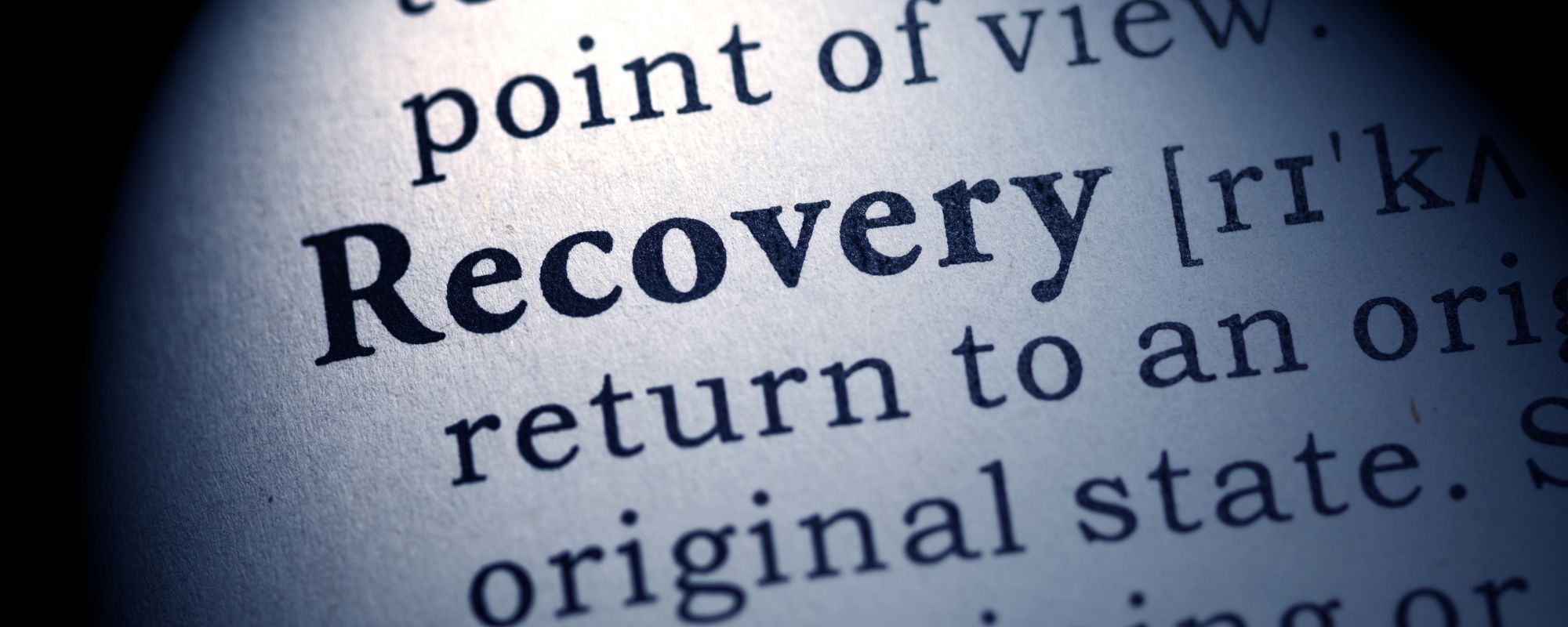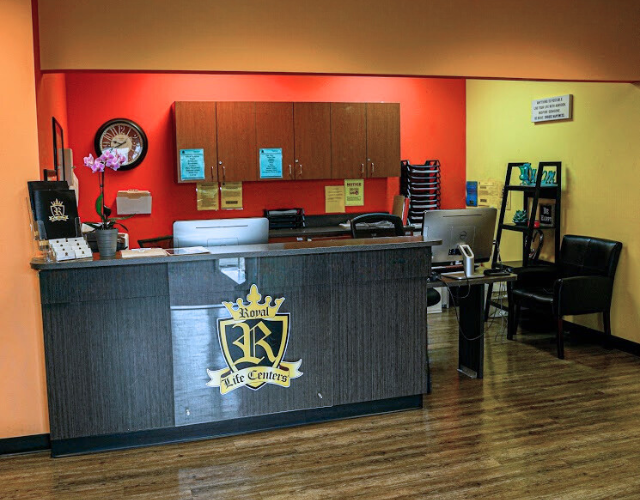Lyrica (generic name: pregabalin) is a prescription medication often used to treat nerve pain, fibromyalgia, epilepsy, and generalized anxiety disorder. While it’s not classified as an opioid or benzodiazepine, Lyrica still carries a risk of dependence, especially when used for long periods or at high doses. When someone stops taking it suddenly, they may experience Lyrica withdrawal symptoms, which can be uncomfortable and sometimes severe.
In this blog, we’ll break down why withdrawal happens, what symptoms to expect, and how to manage the process safely.
What Is Lyrica and How Does It Work?
Lyrica is part of a class of drugs known as gabapentinoids, which affect the nervous system by calming overactive nerve signals. It’s commonly prescribed to help with conditions that involve chronic nerve pain or overactivity in the brain, such as seizures or anxiety.
Although Lyrica isn’t typically associated with a euphoric high, it can produce calming, sedating effects. Some people may misuse it for these sensations, increasing their risk of developing physical or psychological dependence.
Can You Become Dependent on Lyrica?
Yes. Even when taken as prescribed, Lyrica can lead to physical dependence over time. This means the body becomes used to having the drug in its system, and when it’s taken away, withdrawal symptoms can occur.
The risk of dependence is higher in people who:
Use Lyrica long-term
Take higher-than-prescribed doses
Mix Lyrica with alcohol, opioids, or benzodiazepines
Have a history of substance use disorder
Common Lyrica Withdrawal Symptoms
Withdrawal symptoms can vary in severity depending on how long a person has been using Lyrica and at what dose. Symptoms typically begin within 12 to 48 hours after the last dose and may last up to a week or longer.
Physical Symptoms
Headaches
Sweating
Nausea or vomiting
Diarrhea
Heart palpitations
Muscle pain or twitching
Flu-like symptoms
Insomnia
Psychological Symptoms
Anxiety
Irritability
Agitation
Depression
Mood swings
Suicidal thoughts (in rare cases)
Cravings for the drug
Some people may also experience rebound symptoms, where the original condition being treated (like anxiety or nerve pain) temporarily worsens during withdrawal.
Reach Out for Help With Addiction and Co-Occurring Mental Health Disorders
Are you struggling with substance abuse and mental illness?
Royal Life Centers at the Haven Detox is here to help you recover. Because We Care.
Is Lyrica Withdrawal Dangerous?
While Lyrica withdrawal is usually not life-threatening, it can be extremely uncomfortable and destabilizing, especially if a person stops taking it abruptly. In rare cases, especially when combined with other substances or in high doses, withdrawal may include seizures, which can be dangerous.
Because of these risks, medical supervision is strongly recommended for anyone planning to stop Lyrica, especially if they’ve been using it long-term.
Tapering Off: A Safer Way to Stop
The safest way to stop taking Lyrica is by working with a doctor to develop a gradual tapering plan. Tapering means slowly reducing the dosage over time, giving the body a chance to adjust. This method helps minimize withdrawal symptoms and prevents sudden crashes or health risks.
Treatment for Lyrica Dependence and Withdrawal
If you or someone you love is struggling with Lyrica dependence, professional help is available. Medical detox programs can provide a safe, supportive environment for managing withdrawal symptoms. These programs often include:
24/7 medical supervision
Symptom-relieving medications
Emotional and psychological support
Transition to longer-term addiction treatment or therapy
Some individuals benefit from inpatient rehab, outpatient treatment, or dual diagnosis programs if mental health conditions like anxiety or depression are also present.
Prescription Drug Treatment Near Me
Lyrica can be an effective medication when used properly, but it also carries the risk of dependence and withdrawal. Understanding the symptoms and seeking professional help when needed can make the process of discontinuing the drug much safer and more manageable.
If you or someone you care about is experiencing Lyrica withdrawal or struggling with misuse, reach out to an addiction treatment center like The Haven for guidance. You don’t have to go through it alone.
- Alcohol Detox in Washington State: Everything You Need to Know - March 2, 2026
- How Washington State Rehabilitation Centers Can Transform Your Life - January 26, 2026
- How Washington State Rehab Centers Support Long-Term Recovery - January 19, 2026


















